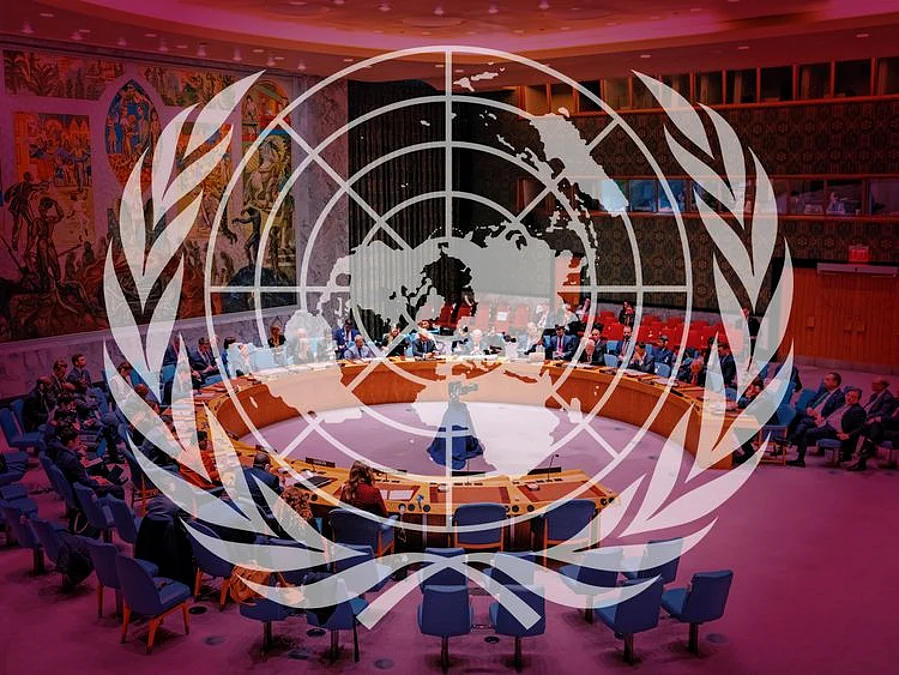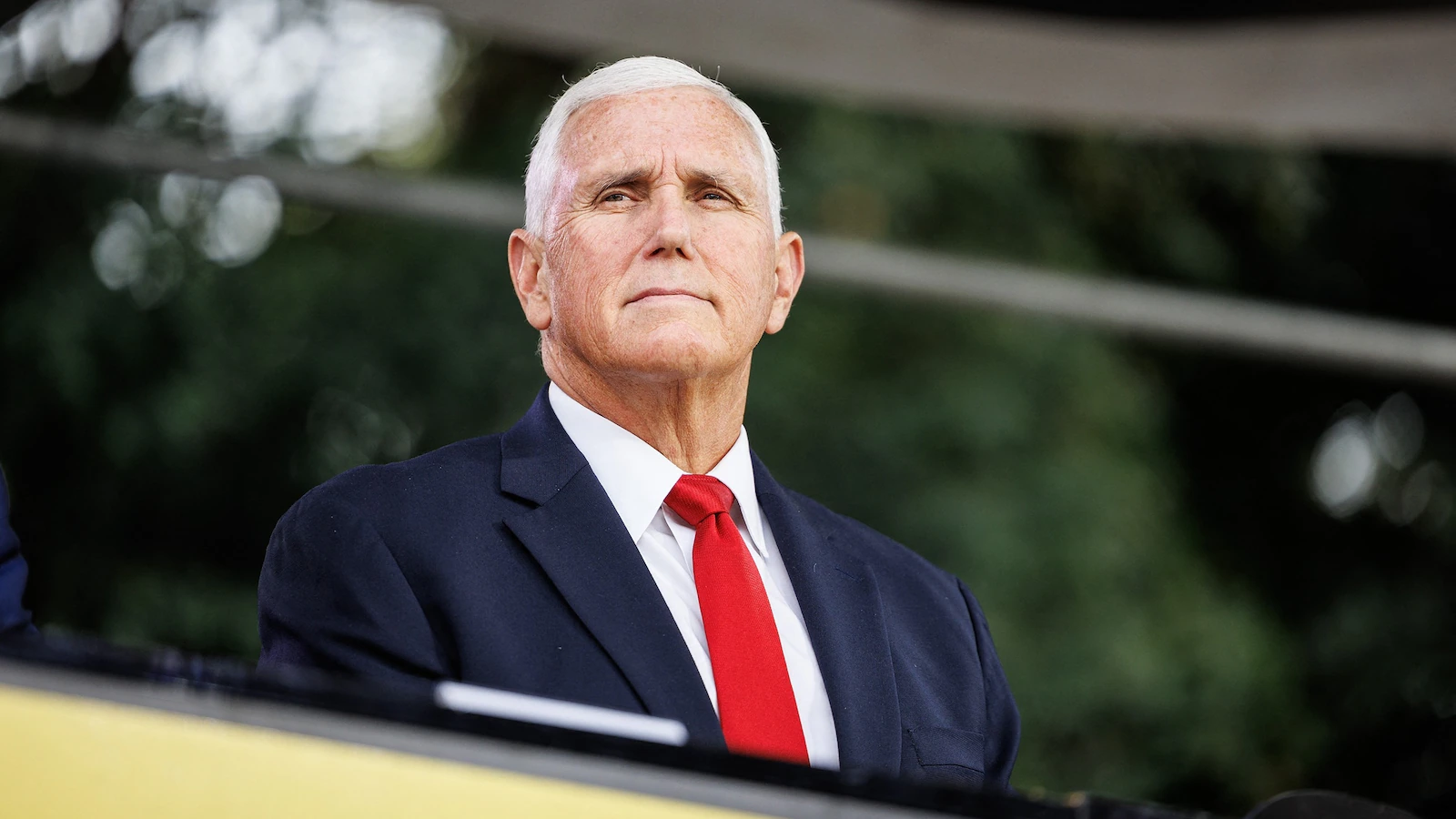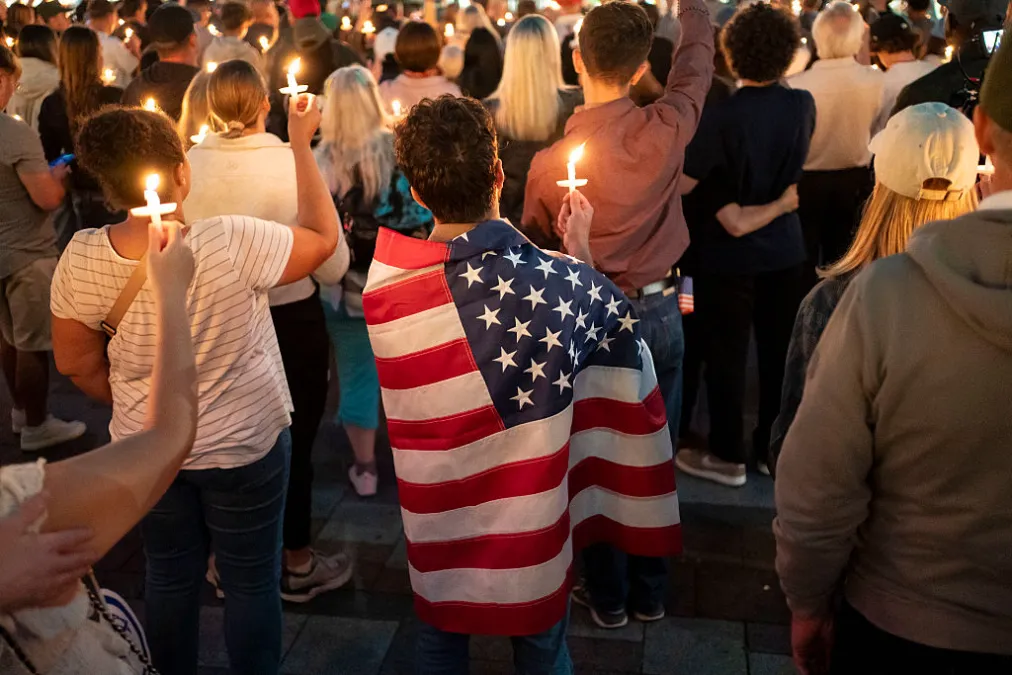By Kristian P. Alexander,Special to Gulf News
Copyright gulfnews

The opening of the 80th session of the United Nations General Assembly comes at a time when the UN’s relationship with the United States, the institution’s founding power, largest historical donor, and host nation has rarely been so strained. Under President Donald Trump, Washington has slashed contributions, withdrawn from key agencies, and adopted a posture of deep scepticism toward the UN system. For an institution already struggling with questions of relevance and effectiveness, the sudden loss of American support threatens to upend its financial base and undermine its ability to manage global challenges. At stake is not only the UN’s future capacity but also the larger question of whether the multilateral order that has defined international politics since 1945 can endure without active US leadership.The logic of Trump’s disengagementPresident Trump’s worldview is rooted in an “America First” ethos that prioritises national sovereignty, bilateral deals, and visible transactional gains over diffuse multilateral commitments. The UN, in this framework, is seen less as a vehicle for international cooperation and more as an arena that dilutes American power. Trump has repeatedly described the UN as bloated, ineffective, and even hostile to US interests..Navigating water and food security in MENA: Shared risks, regional solutions, and the UAE’s emerging role.This perspective has informed a series of dramatic decisions: withdrawal from UNESCO in 2018 over alleged anti-Israel bias, a departure from the Human Rights Council, which the administration accused of hypocrisy and anti-American sentiment; defunding of the UN Relief and Works Agency for Palestine Refugees (UNRWA), a move that left millions of Palestinians in Gaza, Lebanon, and Jordan scrambling for basic services; and, most dramatically, the suspension of US contributions to peacekeeping operations, which historically covered about 28 percent of the total budget. For Trump, these moves were justified as correcting what he framed as unfair burden-sharing. Washington, he argued, was subsidising an international system that allowed others such as China, Europe, and Iran, to benefit while tying America’s hands. Implications for UN core missionsUS retrenchment is rippling across the UN’s core work: peacekeeping has been hollowed by budget cuts and the loss of critical US enablers (airlift, imagery, rapid-deployment funds), turning missions in places like Mali, the DRC, and South Sudan into thinner, less credible presences and deepening Security Council paralysis. Humanitarian operations are strained as reduced US support leaves WFP, UNHCR, and UNICEF after a $300 million shortfall in 2018, short of resources and political backing to secure access amid conflicts from Gaza and Syria to Sudan. The already underfunded Sustainable Development Goals (SDGs) face a credibility gap as US disengagement, including withdrawal from the Paris Agreement, saps momentum that Europe, Japan, and other donors countries cannot fully replace.The geopolitics of a leadership vacuumAs the US retreats, others are stepping in. China, already the second-largest contributor to the UN budget, has expanded both its financial role and its presence in peacekeeping operations, particularly in Africa. Beijing’s involvement aligns with its Belt and Road Initiative, ensuring security for Chinese investments and projecting influence in the Global South.Russia, though less financially powerful, uses the Security Council to block Western initiatives and champion an alternative vision of sovereignty and non-interference. The European Union remains rhetorically supportive of multilateralism but is hampered by internal divisions and fiscal pressures. Middle powers such as Canada, South Korea, and some Nordic states, remain strong advocates for UN norms but lack the capacity to offset US withdrawal.This redistribution of influence is reshaping the UN’s identity. A body once associated with liberal internationalism now risks becoming a stage for authoritarian consolidation, where principles of human rights and humanitarianism are subordinated to the politics of great-power competition.What future for the UN?The United Nations has always been a mirror of global power realities. It functioned during the Cold War as an arena of superpower rivalry but still managed to carve out a role in peacekeeping and humanitarianism. In the post–Cold War era, it briefly enjoyed US-backed primacy, evident in interventions from Kuwait to Kosovo. Today, as Washington disengages, the UN must adapt again.Survival will depend on diversification, namely by broadening the base of both funding and political leadership. Reform of peacekeeping financing, perhaps through regional organisations like the African Union taking on greater responsibility, may become inevitable. Humanitarian agencies will need to cultivate more donors, from Gulf monarchies to philanthropic foundations. Normatively, middle powers and civil society will play a greater role in defending rights and sustainability agendas.But the larger reality remains sobering: without US leadership, the UN risks fragmentation. Its credibility and effectiveness will decline, and its ability to act decisively in crises will erode. A post-American UN is not necessarily a dead institution, but it is a weaker one, more contested, and more shaped by the preferences of other powers like China and Russia. .Dr Kristian Alexander is a Senior Fellow at the Rabdan Security and Defense Institute (RSDI), Abu Dhabi, UAE.From podiums to targets: What Charlie Kirk’s killing reveals about political assassination in the digital age.Food as national security: Lessons from the UAE and Korea



